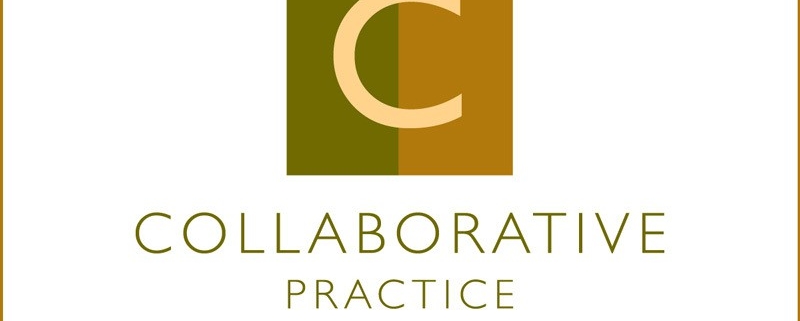Does Your Lawyer Meet IACP Minimum Standards for Collaborative Practitioners?
If you are going through divorce, you may have heard of collaborative divorce as a non-adversarial method of separating. What you may not know is that not all divorce lawyers have completed collaborative training. Further, even among those who have completed a training, not all collaborative lawyers meet the IACP Minimum Standards for Collaborative Practitioners.
 International Academy of Collaborative Professionals
International Academy of Collaborative Professionals
The IACP is the International Academy of Collaborative Professionals. It is the premiere organization when it comes to helping families resolve disputes in a better way. The mission of the IACP is “To transform the way families resolves conflict by building a global community of Collaborative Practice and consensual dispute resolution professionals.”
The IACP initially created Minimum Standards for Collaborative Practitioners in 2004; it revised and adopted the current Standards in 2014. It states the following about the Standards:
The IACP Standards for Trainers, Trainings, and Practitioners are drafted with an awareness of the aggregate nature of learning. Knowledge comes from the interface between education and practical experience. Skill is acquired from the successive application of education to experience. With those principles in mind, these Standards should be understood as a point of departure in a continuing journey of education and practice for Collaborative practitioners and trainers.
IACP Minimum Standards for Collaborative Practitioners
Below are excerpts from the IACP Minimum Standards for Collaborative Practitioners pertaining to lawyers.
The IACP sets the following basic requirements for a professional to hold herself/himself out as a practitioner who satisfies IACP Standards for Collaborative Practice in family related disputes.
1. General Requirements:
1.1 The Collaborative practitioner is a member in good standing of: IACP; and a local Collaborative Practice group.
1.2 The Collaborative practitioner accepts the IACP Mission Statement.
1.3 The Collaborative practitioner diligently strives to practice in a manner consistent with the IACP Ethical Standards for Collaborative practitioners.
1.4 The trainings referred to in 2.2, 3.3 and 4.3 must be trainings that meet the IACP Minimum Standards for trainings delivered by trainers who meet the IACP Minimum Standards for Collaborative Trainers.
2. IACP Minimum Standards for Collaborative Lawyer Practitioners:
2.1 Membership in good standing in the administrative body regulating and governing lawyers in the lawyer’s own jurisdiction.
2.2 Completion of an Introductory Collaborative Practice Training or an Introductory Interdisciplinary Collaborative Practice Training that meets the requirements of IACP Minimum Standards for Introductory Collaborative Practice Trainings and Introductory Interdisciplinary Collaborative Practice Trainings. For practitioners who commenced Collaborative Practice prior to January 1, 2015, completion of training that met the requirements of the IACP Minimum Standards for a Collaborative Basic Training then in effect.
2.3 At least one thirty hour training in client centered, facilitative conflict resolution, of the kind typically taught in mediation training (interest-based, narrative or transformative mediation programs).
2.4 In addition to the above, an accumulation or aggregate of fifteen further hours of training in any of the following areas:
- Interest-based negotiation training
- Communication skills training Collaborative training beyond minimum fourteen hours of Initial Collaborative training
- Advanced mediation training
- Basic professional coach training
Hiring A Collaborative Divorce Lawyer
The hiring of a divorce lawyer is a very personal choice. You want to make sure that you connect with that lawyer. You need to ensure that he or she has the skills to effectively represent you in the divorce process you choose. After all, he or she will help you make long-lasting decisions with great consequences for you and your children.
Perhaps the first place to start, when considering a lawyer, is whether he or she offers collaborative divorce services. If so, ask whether he or she meets the IACP Minimum Standards for Collaborative Practitioners. These Standards can and should be a guide for you to find the best attorney for you and your family.
Adam B. Cordover is a collaborative lawyer, collaborative trainer, and Florida Supreme Court Certified Family Law Mediator. He is co-author of a 2018 American Bar Association book on Collaborative Practice, on the Board of the IACP, and Chair of the IACP Standards and Ethics Committee. Further, Adam meets and exceeds both the IACP Minimum Standards for Collaborative Practitioners and Collaborative Practice Trainers.



